
Culture • 25 April, 2025
Uzbekistan Cinema: A journey through film history
Uzbek cinema is a captivating journey through time – from the emergence of a national film school to the modern achievements of contemporary directors. We invite you to immerse yourself in its story: to learn about the first film screenings in Uzbekistan, to meet the pioneers who laid the foundation of the industry, and to explore the prospects of this rapidly growing field. Alongside academician of the IFA and co-founder of the Tashkent VGIK, Eldar Yuldashev, we highlight the key milestones that make Uzbek cinema truly unique.
How Did It All Begin?
Historically, Uzbekistan is the cradle of cinema in Central Asia. While the Lumière brothers held the world’s first public film screening in Paris in 1895, just two years later, in 1897, cinematograph sessions were already being held in Tashkent. The region’s first creative cinematic endeavors also took place here. As early as 1910, cameraman Khudaybergen Devanov was filming documentary footage of Khiva’s Khan Asfandiyar riding in a phaeton, using a “Pathé No. 593” movie camera. In 1924, the Bukkino film studio was established. Archival records also show that in 1912, under the Emir of Bukhara, Said Alim Khan, the emirate saw the launch of its first professional cinemas. Tashkent became home to the “Shark Yulduzi” studio, later transformed into the legendary “Uzbekfilm.” This year marks the 90th anniversary of Uzbek newsreel cinema, established in 1934. Under the guidance of newsreel filmmaker and USSR People’s Artist Malik Kayumov, Uzbek cinema flourished. He was not only a creator but also a builder – initiating the construction of the legendary House of Cinema, the Documentary Film Studio, the Melodiya record studio, the Creative Club of Cinematic Artists, and the Durmen Artists’ Retreat, among other symbolic institutions. In 1945, the Tashkent State Institute of Theatrical Arts named after A. N. Ostrovsky was founded, becoming the main hub for training cinematic talent. It was at this institution that the iconic ensemble “Yalla” was formed in 1968. One major strength of that era was that large-scale film productions were entrusted only to highly qualified professionals. Music for films, for example, was composed by national artists of Uzbekistan such as Manas Leviev and Ikram Akbarov, as well as distinguished cultural figures like Rumil Vildanov and Mirkhalil Makhmudov. These compositions were often symphonic orchestral works. The selection process was rigorous, resembling the selection for a cosmonaut corps. Today, only a few such professionals remain, such as Felix and Dmitry Yanov-Yanovsky, Oydin Abdullayeva, and Igor Pinkhasov. The same high standards applied across the entire production chain. To become a top-tier director, one needed a professional degree, at least five years of experience as a first-category director, and only then might they be entrusted with a major, complex production.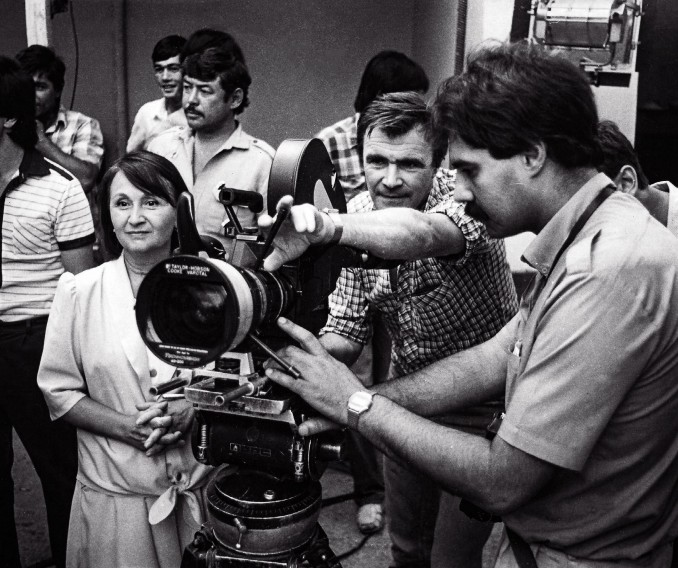
What Makes Uzbek Cinema Unique?
Above all, its authenticity – its distinct mentality, culture, history, and everyday life set it apart. When Uzbek cinema tries to imitate Hollywood clichés, such films usually fail to resonate.
Take for example the drama Sunday by Shakir Khalikov, arguably one of the finest recent auteur works in Uzbek cinema. Despite facing many bureaucratic challenges during approval, this debut film by a young director achieved international recognition. Its premiere took place on June 13, 2023, at the 25th Shanghai International Film Festival, where it won the Golden Goblet – an honor from a festival accredited by FIAPF. Russian critic Anton Dolin listed Sunday among “five captivating new films by young directors from Central Asia.”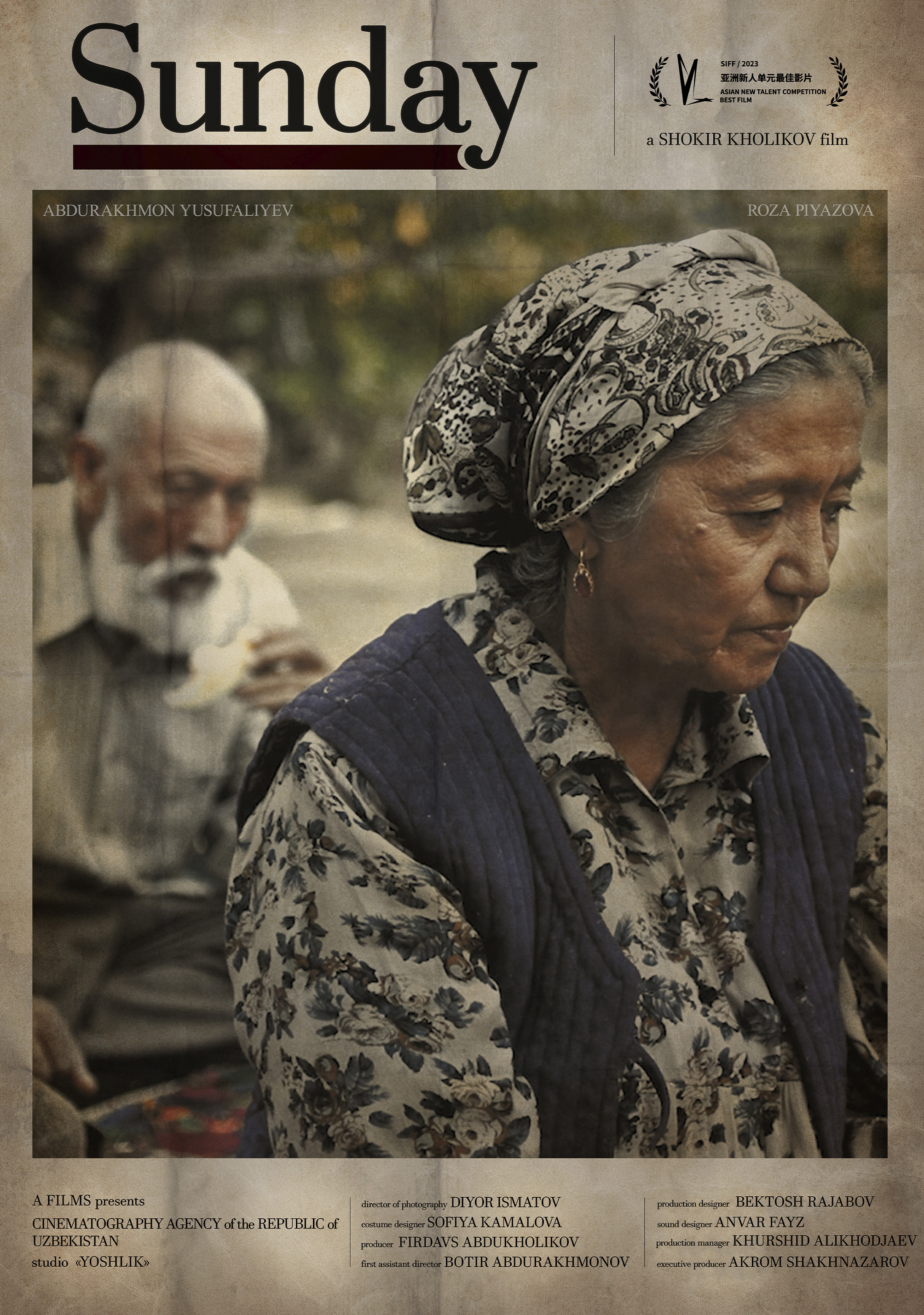
Another emerging director is Timur Murodov, a former student of mine. His short film The Cassette began its rise at the Tashkent International Film Festival, where it won the Grand Prix from Krzysztof Zanussi. Emir Kusturica noticed the film at the New York Film Festival and invited it to his own festival, Kustendorf, where it again claimed the top prize. Timur’s debut short has since traveled across half the globe.
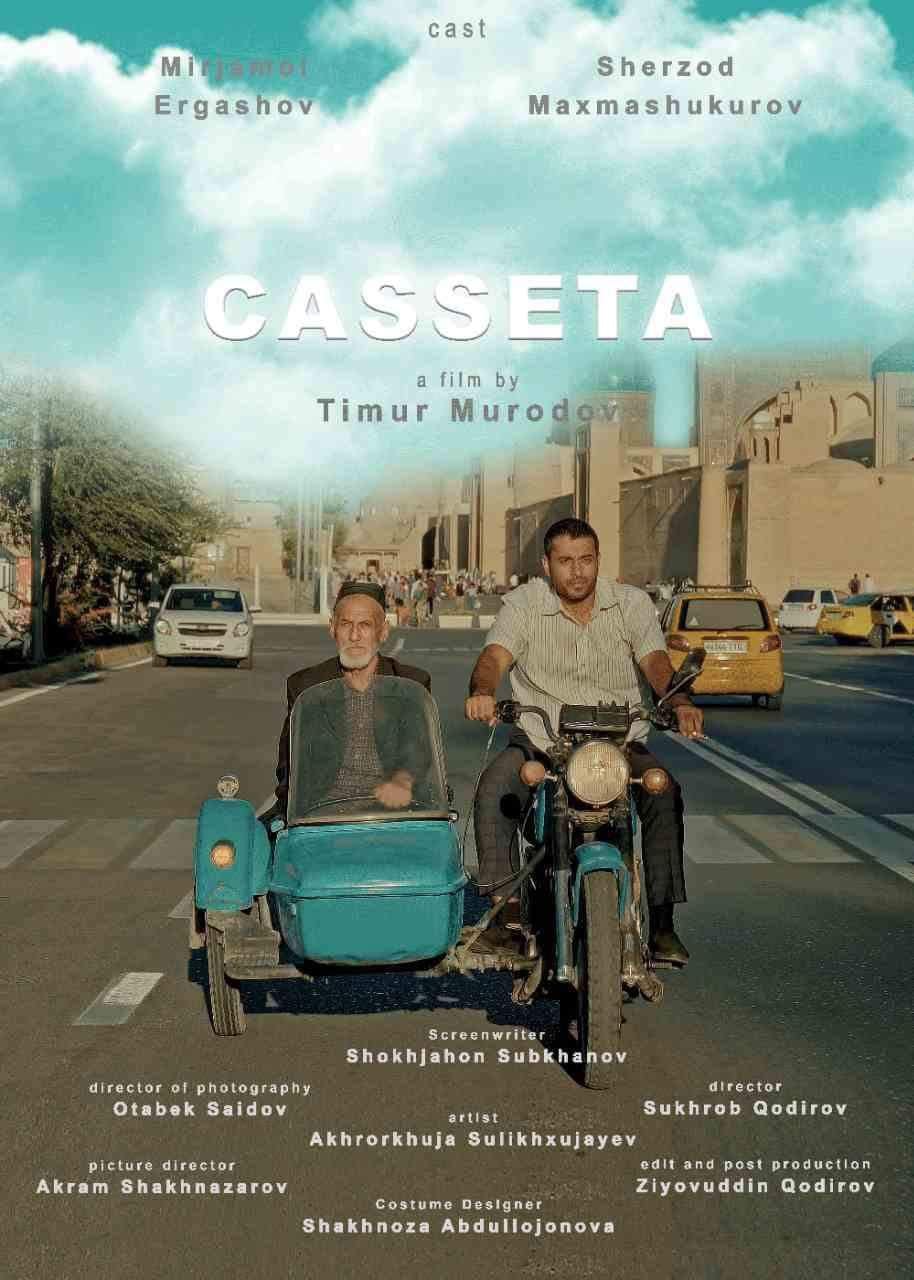
Whether a feature or a short, if a film authentically reflects our identity and our people, it will find an audience. The key is not to imitate others, but to remain true to oneself.
Khudaybergen Devanov (1879-1940) The year 1908 is considered the birth year of Uzbek cinema. Devanov filmed historical landmarks, minarets, mosques, and more. His work introduced the world to the rich and ancient culture of Khorezm.Pioneers and Industry Shapers of Uzbek Cinema
The first person in our region to operate a movie camera. He was mentored by German film enthusiast Wilhelm Penner, who introduced him to photography and cinematography. In the conservative Islamic context of Khiva – where depicting living beings was traditionally forbidden – Devanov became the khanate’s first photographer and cameraman.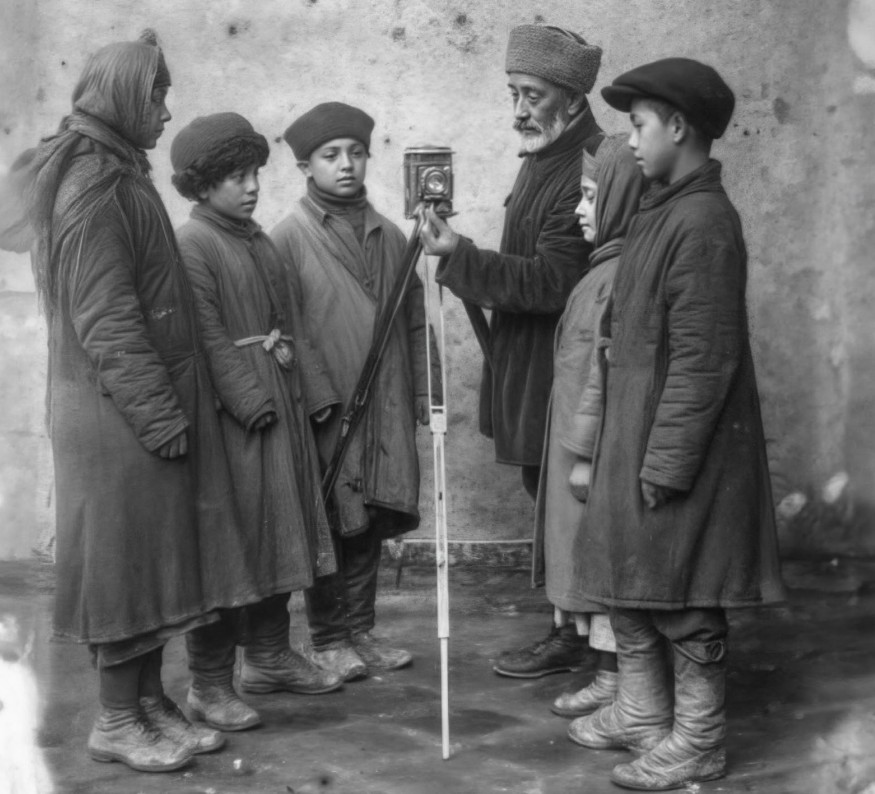
Malik Kayumov
A filmmaker, cameraman, actor, and war correspondent during World War II. He was named People's Artist of Uzbekistan, Hero of Labor, and awarded the “El-yurt hurmati” order. As the Central Asian correspondent for “Soyuzkinokhronika,” he laid the foundation for chronicle-documentary cinema, leaving behind a vast cultural legacy.
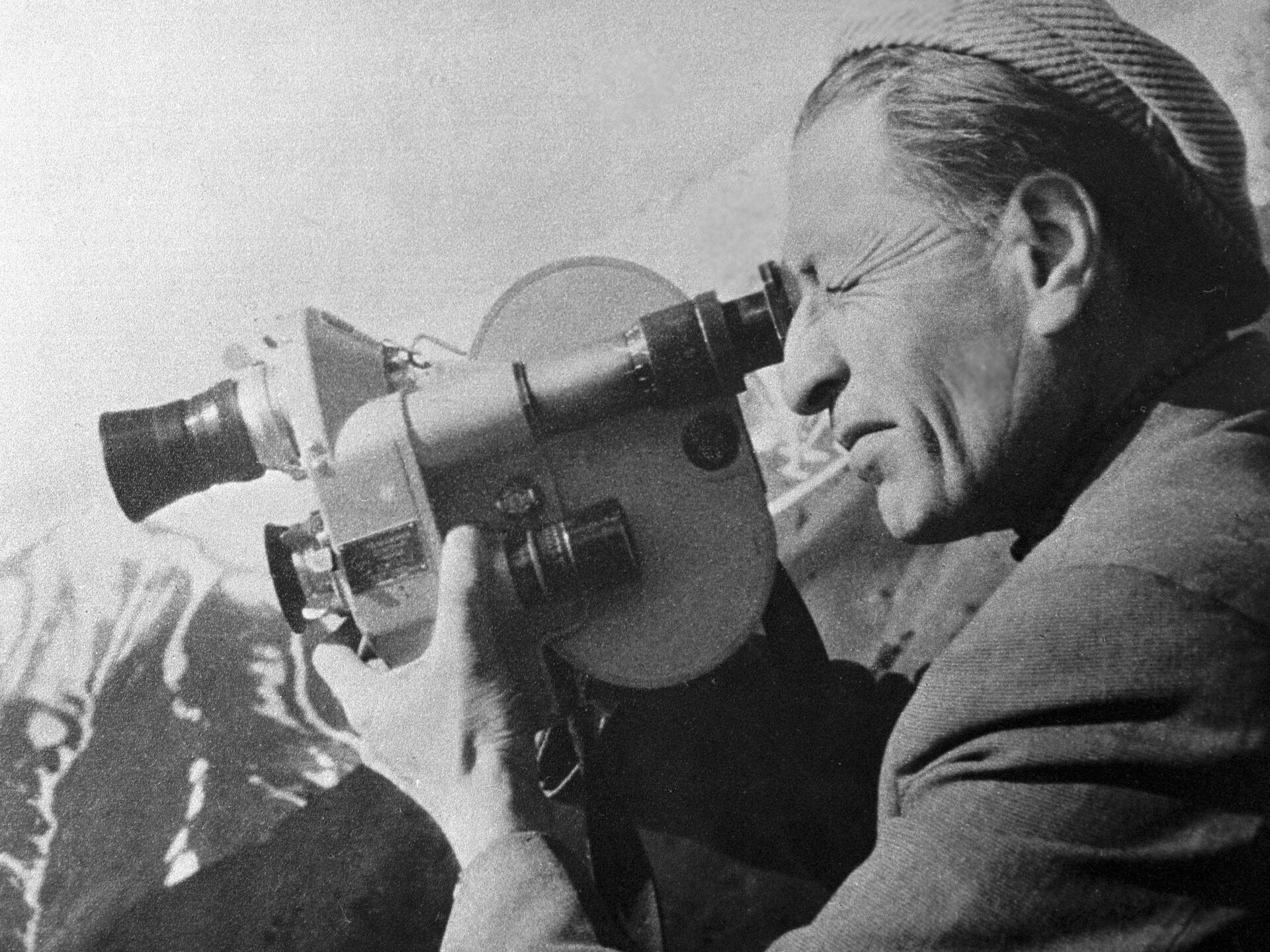
Over decades, Kayumov shot more than 200 documentary and popular science films, celebrating Uzbekistan’s history, culture, science, and art. As the founder of Uzbek documentary filmmaking, he also established a unique cinematic school.
Kamara Kamalova
The first female film director in Uzbek cinema history and a pioneer of Uzbek animation. Born in Bukhara, she graduated from VGIK in 1962. She directed literary-dramatic programming at Tashkent Television before joining Uzbekfilm in 1965. Kamalova created more than ten animated puppet films, including An Unusual Adventure (1966), Rakhim and the Beetle (1967), Who Made the Cloud? (1967), Sunbeam (1971), and The Runaway Bicycle (1974).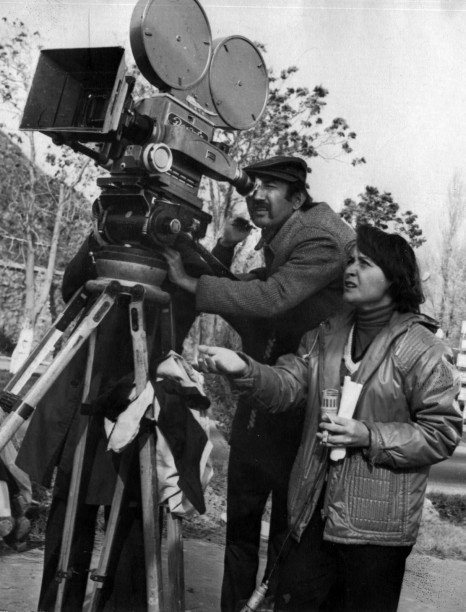
Shukhrat Abbasov
A film director and screenwriter born in Kokand in 1931. A visionary who brought new perspectives and sensibilities to Uzbek cinema. Although he initially studied at a medical college, art ultimately prevailed – he graduated from the Tashkent Theater Institute in 1954 and later completed advanced directing courses at Mosfilm in 1958. From 1982, he served as director of Uzbekfilm.
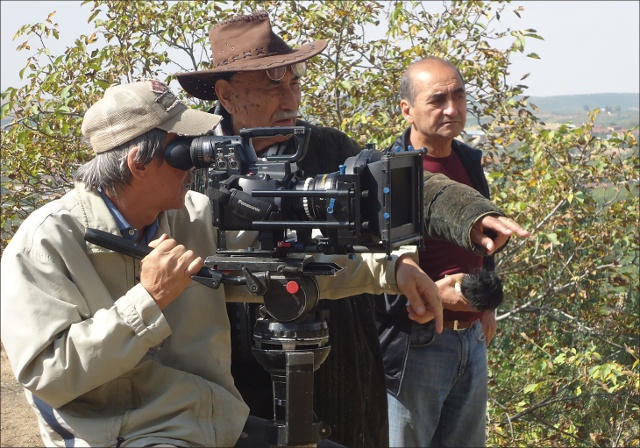
Notable collaborations include the duo Elyor Ishmukhamedov and Odilsho Agishev, founders of romantic Uzbek cinema. Thanks to them, landmark films like Lovers and Tenderness emerged. Lovers became one of the top-grossing films in the USSR, which was, after all, one-sixth of the Earth’s landmass.
A new generation is on the rise. One promising documentary filmmaker is Furqat Usmanov, who currently heads the National Cinematography Development Center and serves as director of the Tashkent International Film Festival. He has produced several documentaries that have been recognized on international platforms. Sherzod Nazarov, another of our students, was Uzbekistan’s sole representative at the pitching session of the 77th Cannes Film Festival this year. His documentaries and shorts – including My Grandfather is 90, Along the Silk Road, The Soldier is Alive, and Whose Old Men Are You? – have received critical acclaim. A bright future lies ahead for him.Documentary and Auteur Cinema
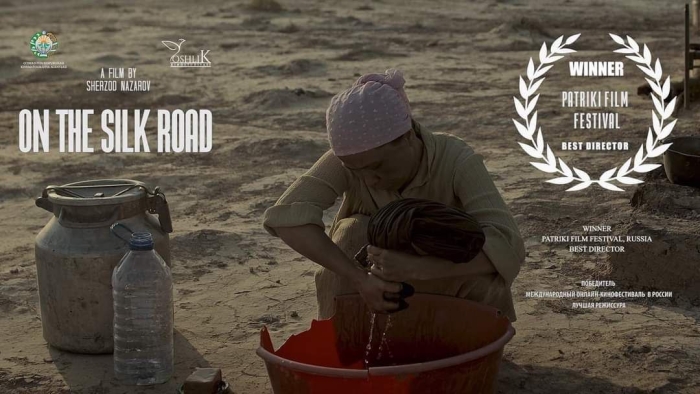
Recommended Films That Reflect the History and Culture of Uzbekistan Across Eras:
The Whole Mahalla Talks About It (1960), dir. Shukhrat Abbasov;
The Mischief-Maker (1977), dir. Damir Salimov;
Tenderness (1966), dir. Elyor Ishmukhamedov;
Enchanted by You (1958), dir. Yuldash Agzamov;
The Road Beneath the Skies (2006), dir. Kamara Kamalova;
You Are Not an Orphan (1996), dir. Shukhrat Abbasov;
Abdullajon, or Dedicated to Steven Spielberg (1991), dir. Zulfikar Musakov.